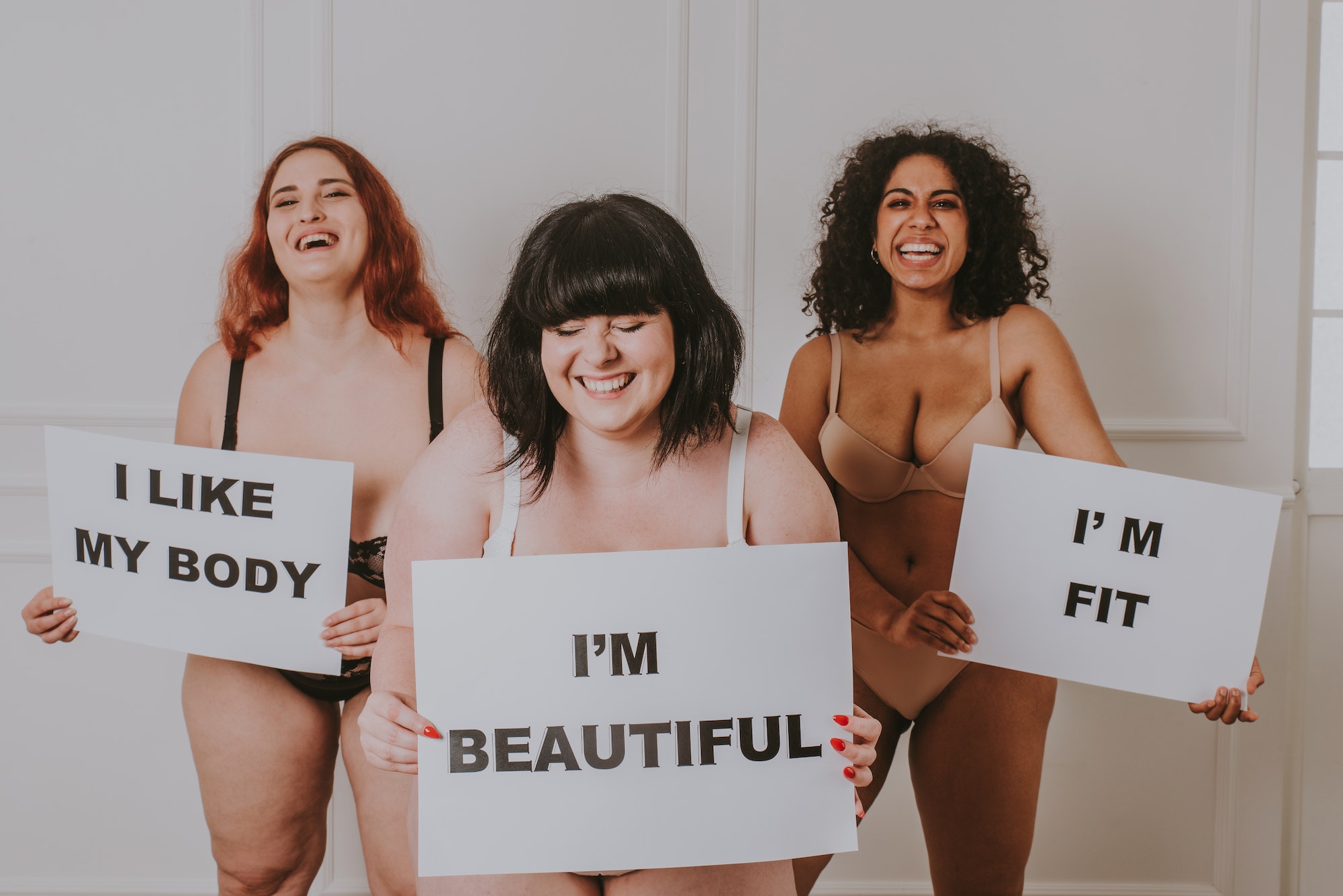In an age of rapidly spreading information, hearsay has become all too common. Hearsay refers to information received from others rather than from direct knowledge or evidence. Unfortunately, many people fall into the trap of believing hearsay without verifying the accuracy of the information. In this article, we will explore the reasons why believing hearsay is the biggest mistake one can make, and the potential consequences it can have on personal and societal levels.
Lack of Credibility:
Hearsay often lacks credibility and reliability. Information passed through multiple sources can become distorted or biased, leading to inaccuracies and falsehoods. Without reliable sources or evidence to back up the claims, believing hearsay can lead to accepting information that may be entirely untrue.
Spreading Misinformation:
Believing hearsay and subsequently spreading it can perpetuate misinformation. When false or unverified information circulates, it can quickly gain momentum and create a snowball effect. Misinformation can have significant consequences, from damaging reputations to influencing public opinions based on inaccuracies.
Impacts Decision-Making:
Believing hearsay can impact decision-making processes. Relying on hearsay without verifying the facts may lead to hasty or ill-informed decisions. In both personal and professional settings, making decisions based on unreliable information can lead to unfavorable outcomes and regret.
Strained Relationships:
In interpersonal relationships, believing hearsay about someone without verifying its accuracy can lead to misunderstandings and strained relationships. Assumptions based on hearsay may create unnecessary conflicts and distance between individuals, eroding trust and undermining healthy communication.
Deterioration of Critical Thinking:
Believing hearsay without critical analysis can hinder the development of critical thinking skills. When individuals accept information at face value, they may become passive consumers of information rather than engaging in discernment and evaluation of the facts.
Influence of Biases:
Hearsay can be subject to the biases and opinions of those sharing the information. Individuals may unintentionally or intentionally add their own perspectives, leading to a skewed narrative. Such biases can influence one’s beliefs and attitudes, leading to misinformation shaping their worldview.
Legal Implications:
In a legal context, hearsay is generally considered inadmissible as evidence due to its potential unreliability. Relying on hearsay in legal matters can have severe consequences, impacting court cases and legal outcomes.
Erosion of Trust in Media and Information Sources:
Believing hearsay without verification can erode trust in media and information sources. When individuals encounter unverified or false information being presented as factual, it can undermine their confidence in reputable news outlets and legitimate sources.
Fueling Rumors and Gossip:
Hearsay often fuels rumors and gossip. Without verifying the accuracy of information, rumors can spread like wildfire, causing harm and chaos in personal and public spheres.
Missed Opportunities for Growth:
By accepting hearsay without questioning or seeking evidence, individuals may miss opportunities for growth, learning, and understanding. Engaging in critical analysis and verifying information can lead to a more informed and well-rounded perspective.
Conclusion:
Believing hearsay without verification is indeed the biggest mistake one can make. It can lead to misinformation, strained relationships, and flawed decision-making. By developing critical thinking skills, valuing reliable sources, and seeking verification, individuals can protect themselves from the perils of hearsay and make informed decisions that contribute to personal growth and a more informed society. Embrace the power of discernment and be vigilant against the trap of hearsay, for it is in seeking truth and accuracy that we can navigate through the sea of information and make more sound judgments in our daily lives.









